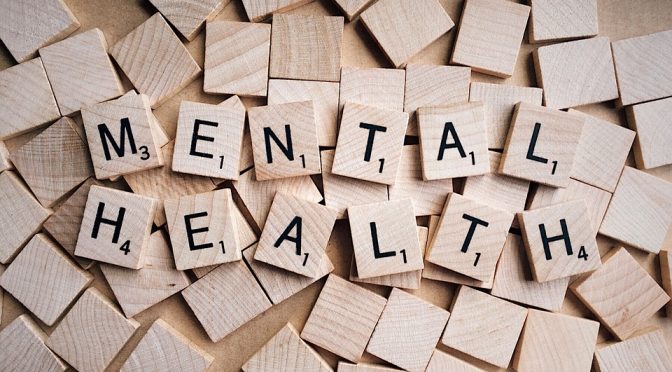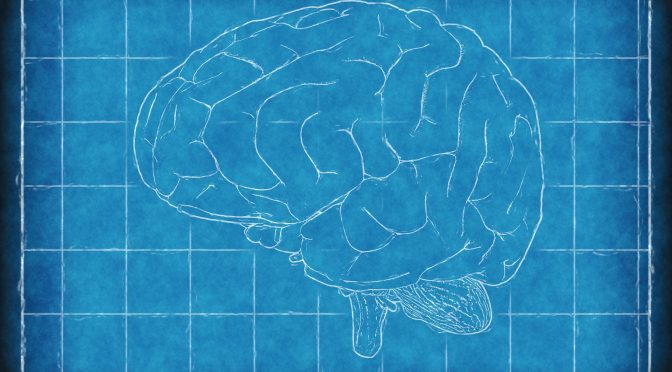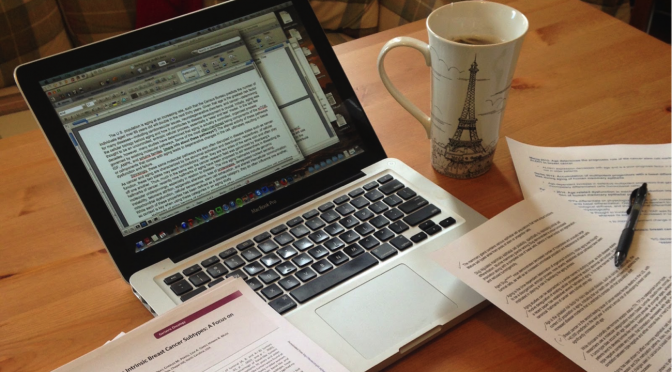For a long time, it was a generally accepted trope in academia that graduate students must endure harsh conditions, intellectual and emotional, before they are granted their PhD degrees. This is supposedly meant to build character, and weed out those who are not fit for the rigor and stress one encounters in academic research – a trial by fire of sorts. The ones who survive these conditions and emerge victorious, also internalize such hazing and come to think of it as just the regular pressure of working in academia.
It is therefore not surprising that the mental health of graduate students have not been discussed very much except in the recent years. While it has long been a subject of humor, such as PhD Comics and memes such as Shit Academics Say, it is only recently that the severity of the problem has been brought to light. In 2013, a series of articles regarding graduate students’ mental health was published on the GradHacker blog. In a guest post, Nash Turley, then a PhD candidate in evolutionary ecology at University of Toronto, looked at studies focusing on the major mental health issues graduate students face – anxiety, depression, suicidal thoughts, going as far back as 1997, and deduced that “mental health issues are the biggest barriers to success among graduate students.”
Earlier this year, a study published in the journal Nature Biotechnology by , described the mental health issues among graduate students as a “crisis”, highlighting the prevalence of anxiety and depression. After surveying 2,279 graduate students representing 26 countries and 234 institutions, the study found that graduate students are six times more likely to suffer from moderate-to-severe depression compared to the general population. The study also found that female, trans and gender-non conforming (GNC) students were significantly more likely to experience anxiety and depression than their cis male counterparts. Among the students with anxiety and depression, more than half did not felt valued by their mentors and half did not agree that mentors provided emotional support (only a third said yes). The study proposed some short term solutions, such as providing trainings to faculty and administrators by mental health professionals, similar to the NIH’s “train the trainers” program. For a longer term solution, the authors advocated for “a shift of the academic culture to eliminate the stigma and to ensure that students are not reluctant to communicate openly with PIs.” The notion of suffering has been internalized by graduate students to the point that in a latest study conducted among five hundred economics graduate students across eight institutions, the students who scored worse than average on a mental-health assessment tended to think that their mental health was better than average; among those who reported having suicidal thoughts, 26% assumed that their psychological well-being was better than the norm. In both studies, the major driver of such mental health issues seemed to be a combination of financial worries and the professional pressure to publish, both of which are products of the tight budget climate and the “publish or perish” nature that academia has recently taken on.
Alyssa DiLeo, a second-year graduate student in the Neuroscience program, is well aware of mental health issues graduate students face; she has faced them personally as well. “Graduate school is a hard transition for many people and even more difficult when they don’t have a support system. Mental health issues are also highly prevalent in graduate students. Levecque et al. published a study in May of 2017 reporting one in two PhD students experience psychological distress and 1/3 of graduate students are at risk for a psychiatric disorder. An online survey of graduate students in a recent March 2018 study by Evans et al. reported that graduate students are more than six times as likely to experience depression and anxiety compared to the general population. After taking a few years off before entering graduate school, I’ve definitely found myself struggling to transition from an employee to a graduate student and was finding it hard to find the right support.” She became aware of an initiative called Resources for Easing Friction and Stress (REFS) at MIT while attending a Graduate Women in Science & Engineering (GWiSE) event at Harvard, and was inspired to start a REFS program here at Sackler called sREFS (sackler Resources for Easing Friction and Stress).
The goal of the sREFS initiative is “to provide an easily accessible outlet for graduate students to talk about conflicts, issues, or stressors in their lab or personal life.” Currently, there are few options that Sackler students can peruse if they are having mental health issues – the Wellness Center which puts out events for the whole TUSM community, the Student Advisory Council of the Wellness center (which just got a Sackler rep on their board), or their friends and other graduate students at certain social events. Mentoring circles, another peer-based support system started by Sackler students and alumni for networking and career development, could be another option. However, Alyssa noted that while Mentoring Circles provided “a great networking resource with experienced mentors”, “sREFS aims to create a more one on one private conversation between students about mental health in graduate school.” This initiative also hopes to serve as the first contact for first year students who may have questions about the school or its programs, courses, etc. Additionally, sREFS will be trained on mediation and conflict management skills that may prove valuable in their own labs or workplaces post-graduation.
The sREFS initiative is a pilot program, proposed by Alyssa in conjunction with Sharon Snaggs from the Wellness Center, and has gained the support of the Dean’s Office and the Graduate Student Council. The process to become a sREF involves an 8-hour training spread out over 8 weeks, and is modeled after MIT’s REFS program. While the MIT program offers a certification after 40 hours of training provided by professionals, the sREFS initiative has a smaller scope and is more flexible given the student body size and available resources at Sackler. Once trained, sREFS will be expected to hold office hours for one-on-one conversations, and sREFS are also mandatory reporters and are liable to report any cases of harassment or similar incidents to the administration. At the inaugural meeting on Thursday, Nov 29, Alyssa mentioned that the only exclusionary criterion for becoming a sREF is enrollment as a PhD student, since continuity and consistency are important for this initiative to succeed. The sREFS will be allowed to keep anonymized and confidential notes only after getting consent from those who are speaking with them. These notes may also help identify the common issues prevalent among Sackler graduate students and help sREFS recommend programs to administration to tackle such issues. In case of any conflict of interest, sREFS may recuse themselves from certain cases; Alyssa would like to see at least one graduate student from each program volunteer as sREFS to avoid such conflicts. Given that this role incurs emotional stress on the volunteers, sREFS can also take time off from the initiative.
Interested students are asked to email Alyssa at Alyssa.DiLeo@tufts.edu to receive an application packet. The application deadline is Jan 15, but is also flexible since the initiative would like to be as inclusionary as possible. The sREFS initiative is also looking for volunteers to fill in positions on the executive board to help with logistics and planning. Unsurprisingly, all the current volunteers are female, as emotional labor most often falls on women in this patriarchy, and it would be great to see the male graduate students do their part as well in this timely, community-based initiative.





